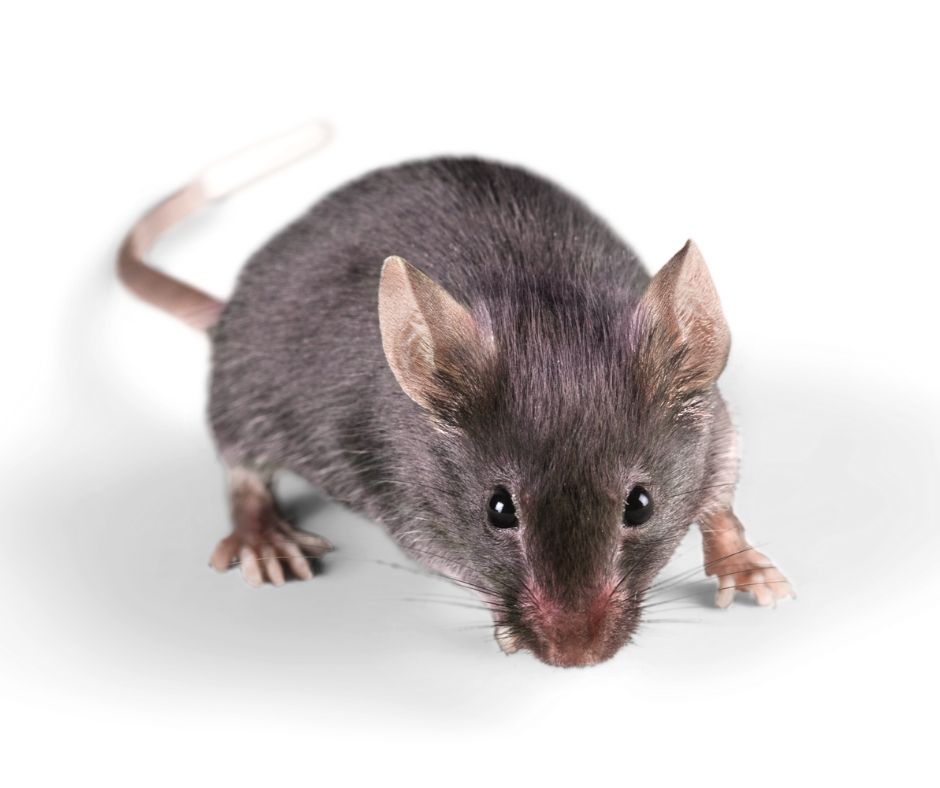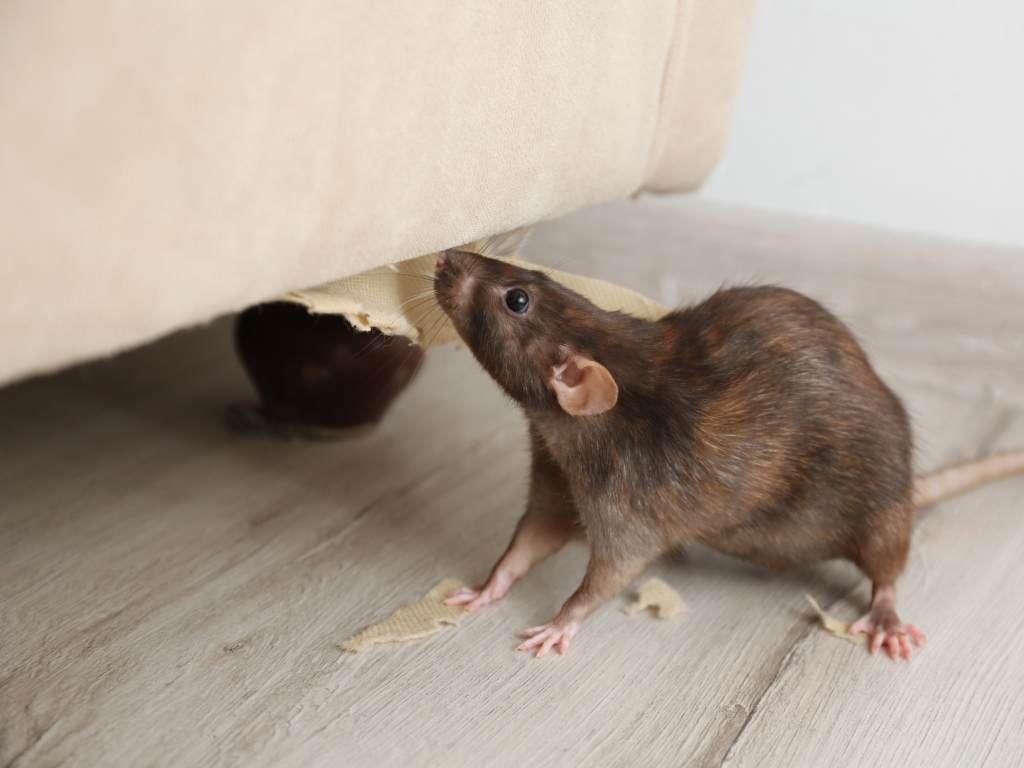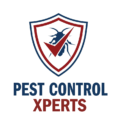Rodent Treatments in Florida
Exterminator Services for Tampa, Lutz, Land O Lakes, Brandon, Wesley Chapel, Zephyrhills, Valrico, Riverview
Florida’s warm and humid environment lets mice and rats stay active for more of the year, posing constant challenges for homeowners and businesses. In regions around Tampa, including Lutz, Land O Lakes, Brandon, Wesley Chapel, Zephyrhills, Valrico, and Riverview, rodents often invade through small openings in search of food, water, and nesting areas. These pests can contaminate goods with droppings, chew on wiring or wooden beams, and sometimes pass bacteria that risk human or pet health. Below, you will learn why rodents thrive in Florida, how to detect a rodent presence, and the importance of professional rodent treatments in Florida with a trusted exterminator. You will also see occupant tips for keeping these unwanted guests from getting back inside after they are removed.
Why Rodents Thrive in Florida
- Mild or Warm Temperatures
Florida does not get the extended freezing winters that might lower rodent numbers in more northern states. This steady warmth supports mice and rat reproduction nearly year round. - Accessible Food and Water
Rodents easily find food in unsealed leftovers, open trash bins, or pet dishes left out. Small leaks or air conditioning drips can supply enough moisture for them to thrive indoors. - Yard Debris or Overgrown Vegetation
Long grass, bushes close to walls, or piles of clutter near the property provide cover for rodents. They hide outdoors during the day, scurrying inside at night through cracks. - Movement of Goods
Tampa Bay’s commerce and tourism might bring rodents hidden in packaging or cargo. Once they land in a new spot with ample food, they set up nests in walls or crawl spaces.

Signs You Have a Rodent Infestation
- Droppings
Look for small, dark, pellet shaped droppings along baseboards or in pantries. Fresh droppings may look moist and shiny, turning dry as they age. - Gnaw Marks
Rats or mice constantly chew to file down teeth, leaving holes in cardboard boxes, plastic containers, or wooden edges. They might gnaw on wires or furniture too. - Nesting Materials
Paper, fabric, or shredded insulation arranged in a hidden corner often indicates a rodent nest. Nests can appear behind appliances, in storage rooms, or inside attics. - Noises at Night
Rats and mice are primarily nocturnal. Occupants may hear squeaking, scampering, or scratching in walls, ceilings, or under floors after dark. - Strong or Musky Smell
Accumulations of droppings and urine produce a stale odor. If a rodent dies in a wall void, an unpleasant smell might increase daily until the carcass is removed.
Why Quick Action Matters
- Health Risks
Rodents can bring bacteria and spread contamination across countertops or stored food items, raising chances of illness. - Structural Damage
By chewing on wiring, they risk electrical fires or short circuits. Wooden beams can be weakened if gnawed persistently. - Rapid Growth
A small nest of mice or rats may breed swiftly. Within weeks, a minor issue can become a widespread infestation if not solved at once. - Reputation Concerns
In hotels, eateries, or other businesses, rodent sightings can lead to health code troubles or negative reviews that harm brand image.
Why a Rodent Exterminator Helps
Store bought traps or poisons might kill a few visible rodents but often miss hidden litters or newly born pups. Rodents learn to evade repeated trap placements if set incorrectly. A professional rodent exterminator inspects the building for travel paths, picks baits or traps that match the rodents’ habits, and seals entry holes so new rodents cannot easily replace the ones removed. Occupants also get advice on storing food, removing clutter, and limiting moisture, stopping future infestations

Our Rodent Treatments in Florida
- Inspection
We begin by assessing both interior and exterior. Indoors, we look for droppings or gnaw marks in kitchens, laundry rooms, or attic corners. Outdoors, we check near foundations or where vents or pipes enter. - Trapping or Baiting
We place snap traps, live traps, or tamper resistant bait stations in high traffic spots, usually against walls where rodents run. Lures or poisons are chosen for each species, ensuring a more successful capture or elimination. - Sealing Entry Points
By caulking cracks, plugging holes with wire mesh, or applying weatherstripping under doors, we stop fresh rodents from moving in. This step is vital for lasting success. - Follow Up
Rodent litters might emerge if not discovered at first. A return check or occupant watchfulness confirms no leftover pups appear. If signs persist, we relocate traps to the new spots. Occupants also continue food storage and sanitation efforts to starve out any hidden survivors.
Mice and Rat Problems in Tampa
Tampa’s moderate environment and dynamic city life create ample feeding chances for rodents. Kitchens or pantries might host unsealed cereals or leftover grease that lure mice in. Our plan in Tampa generally involves scanning behind stoves, near dishwashers, or in unkempt yards, then placing locked bait stations or snap traps carefully. Occupants are reminded to keep food in sturdy containers, run dishwashers nightly, and empty trash often. Once rodents are removed and entry gaps sealed, the property becomes much less appealing for reentry.
Lutz, Land O Lakes, Brandon, Wesley Chapel, Zephyrhills, Valrico, Riverview
These surrounding towns face similar conditions, with Florida’s year round rodent activity. Long grass or bushy yards near walls let rats or mice approach unseen, sneaking in if garage doors do not seal well. We adjust each rodent treatment approach by first checking the severity of infestation, placing traps in corners or behind washers, and sealing any cracks. Occupants who adopt better food handling and yard upkeep see fewer rodents exploring their homes.

Tips to Keep Rodents Out
- Store Food in Solid Containers
Use plastic or metal canisters with tight lids for grains or pet kibble. Do not keep items in easily gnawed cardboard boxes. - Fix Plumbing Leaks
Rodents need water. Stopping leaks under sinks, faucets, or water lines removes a main resource they rely on. - Tidy Daily
Wipe down counters and sweep floors to remove crumbs. Empty garbage bins promptly, using lids that seal. - Clean and Declutter
Piles of paper or old clothing give rodents nesting material. Organizing closets or basements exposes any new droppings earlier. - Yard Care
Cut back shrubs or grass near exterior walls, and remove leaf piles or stored lumber that hide rodent movement.
Contact Us for Swift Removal
Hearing scratching at night, finding droppings near food shelves, or seeing gnaw marks on cereal boxes point to rodent activity. Contact us to learn more or schedule your service. Our rodent treatments in Florida start with a complete inspection, choose the right traps or baits, and seal off rodent passages. Whether you reside in Tampa, Lutz, Land O Lakes, Brandon, Wesley Chapel, Zephyrhills, Valrico, or Riverview, we adapt the plan to your specific layout and occupant habits. Once rodents are removed, occupant steps like sealing leftovers tightly and limiting moisture hamper future infestations, providing a safer, calmer home or business.
Preserving a Rodent Free Home
Although Florida’s mild climate benefits rodent survival, consistent vigilance and professional help deny them a comfortable environment. Early attention to droppings, odd noises, or gnaw marks, along with occupant tasks such as storing cereals correctly and repairing leaks, block rodents from thriving. Should a bigger problem develop, a trained mouse exterminator can step in and clear out hidden nests, placing baits or traps precisely where they matter most. This balanced combination ensures that Tampa area property owners can keep mice and rats away for the long term.
